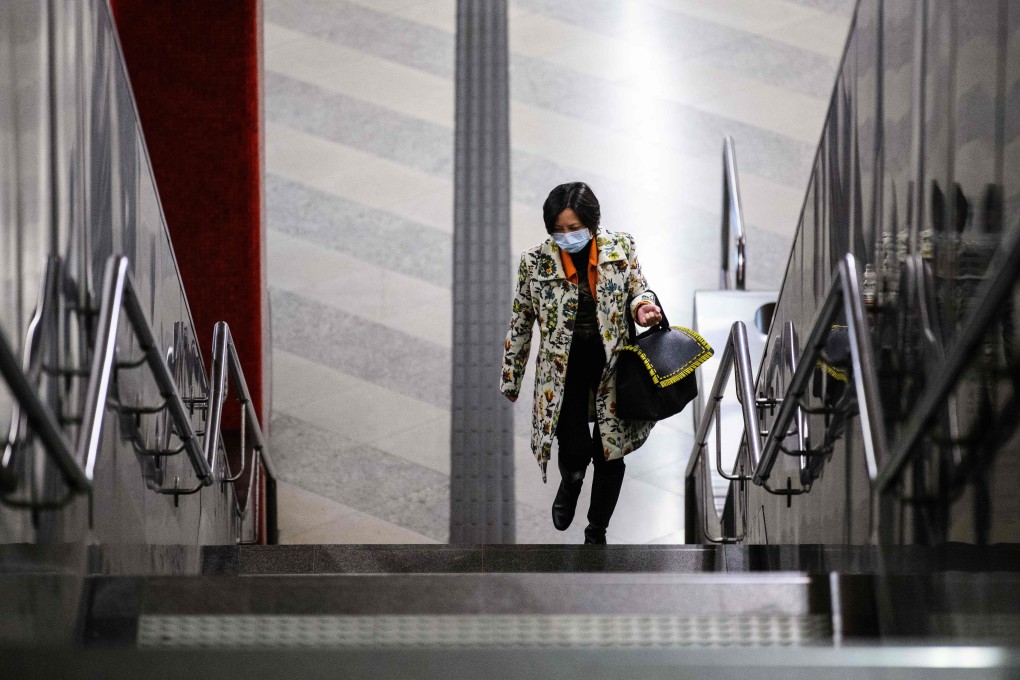Coronavirus: WHO chief again deflects criticism of China and seeks US$675 million in aid for developing nations
- Tedros Adhanom Ghebreyesus said China should only be criticised for its handling of the coronavirus emergency if a review justifies doing so
- Appeals to member countries to contribute US$675 million in support of nations with weak health care systems

The World Health Organisation on Wednesday again urged critics to hold off criticising China's handling of the coronavirus outbreak and asked member countries to donate US$675 million in support of nations with weak health care systems.
Speaking at a press conference in Geneva, WHO chief Tedros Adhanom Ghebreyesus said China should only be criticised for its response to the crisis if an “after action review” justifies doing so.
Tedros was responding to media comments by John Mackenzie, an epidemiologist who is part of the world body's emergency committee, that Beijing's early response to the outbreak had been “reprehensible”.
In a Financial Times interview published on Tuesday, Mackenzie was quoted as saying that Chinese authorities had sought to keep the infection figures “quiet” during the outbreak's early days.
Tedros, who has been criticised for repeatedly praising China, tried to steer the topic away from Beijing’s actions when asked about Mackenzie's comments.